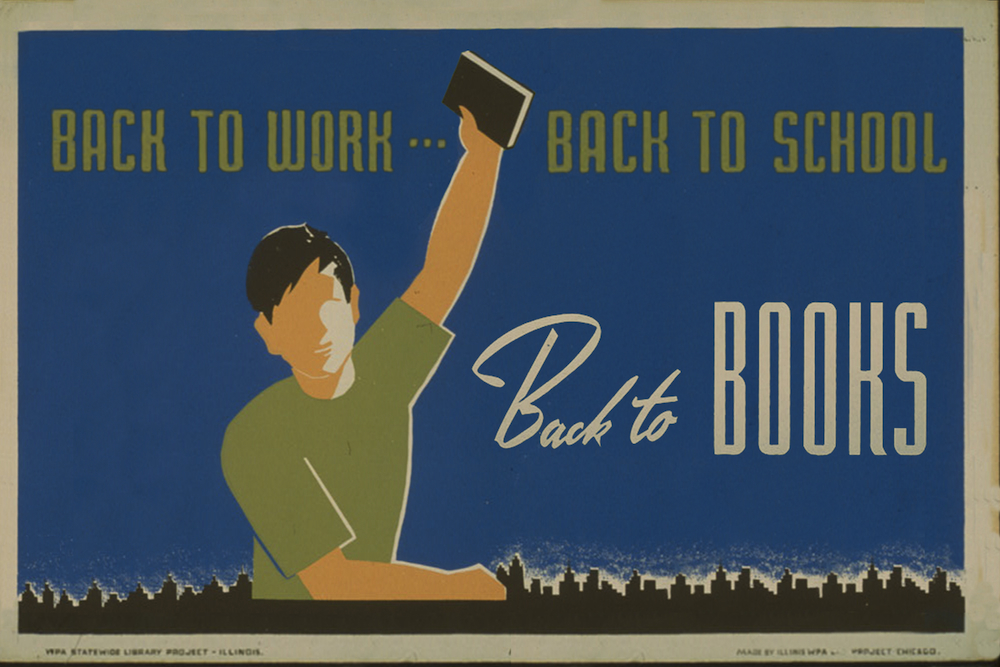Essay by Miriam Cole
When a Story Blooms into Hope

She hates picking up a book.
It’s dyslexia, the experts said, but mild enough that it barely charts. They ushered us from the office with lesson plans and lists of online resources and—perhaps sensing my hesitation—a handful of words meant to comfort: Fret not, Momma. You’re a writer! Of course she’ll grow to love reading. You’ll figure this out together, they said. Have faith.
But it’s not just reading, I would have said, had my throat not tightened at the mere mention of faith and at my own helplessness to explain something I’ve barely begun to understand myself. It’s never been about reading, about making sense of words on a page. It’s about story.
My daughter—nine years old next week and adopted—hates story.
From the start, she could barely sit through a television show. Movies were and are torture for her. She’s resisted story, in any form, for the past five years: the entire time we’ve known and loved her. And who can blame her? The story of our daughter’s first four years, shunted from foster home to foster home, is no cuddly bedtime yarn.
You’d think I would have foreseen, back when we began our story, our mother-and-daughter story, that my own craft would fall short. That my own narrative, the one I’d spent all those childless years mapping out, wouldn’t quite come to pass.
Still, I tried. When she first came home, four years old and otherwise fearless, I used to try coaxing her through the predictable plot of a Disney classic. Stick with it, I’d urge, whenever the witch appeared and my daughter grew restless. Everything turns out okay, honey. Just wait and see—the good guy wins! The princess is saved.
Whatever, Mommy. I have to go to the bathroom. I need a snack.
And so it goes these days, whether the story plays out on the page, on a screen, or up on stage. When a character runs into trouble, she squirms. When the clouds build, she’s done. Outta here. Catch you later, thank you very much.
There are no happy endings, in her experience. Big bad wolves? Yes. Fire-breathing dragons? Most certainly, and much, much worse. Unnamable fears. Dark, unspeakable truths. Deep down in her grown-up-too-fast soul, there’s no room left for child’s play. It’s all about survival now. Happily ever after is a cruel myth. Hope is the enemy.
Fast-forward to third grade today and real concerns at school—about reading comprehension, yes, among other less academic issues. The truth is, at this point, her ability to connect to a story has fallen way down on my list of priorities. Getting through the week without a meltdown (hers or mine) feels like a more realistic goal.
A survivor craves closeness, yet sabotages even the slightest hint of it. Fighting for connection with a damaged soul is not a single battle to be won. It’s a long, slow, tactical war. Backtracking, side-winding, endlessly complicated, exhausting. In that weakened state, despair finds an opening.
Her ninth birthday approaches, and I realize—too late—I’ve been tracking this date all along. An anniversary marking this plotline of sorts, gone horribly awry.
She’s been five years home…five years! And we’re still dealing with these very same issues, in all their charming age-appropriate incarnations? Well, f—k.
Depression. Debilitation. Utter depletion. These words are inadequate for describing the past twelve months—the year I fought hardest for our story, our narrative track, and lost the thread of it completely.
The truth is, I’m the one who’s been quietly closing the book. Gently placing it on the shelf…and backing away. Settling into the motions of motherhood. Numbed.
It’s hopeless. Lower your expectations. Let her go. Preserve thyself.
Which is how it came to be that when her “independent reading time” fell to me instead of my husband last night, I downloaded an audio file to my e-reader, plopped her down on the sofa across from me with a pair of ear buds, and placed the corresponding physical book in her hand. “Read along with the spoken words. Twenty minutes. Silently.”
I won’t disturb you, so don’t disturb me. We work best this way, you and me.
The novelty of using an audiobook for homework wore off in two minutes. Her eyes wandered around the room, met mine, and lowered back to the page. Scowling, sullen. Knowing I’d start the timer again if she didn’t at least appear to try. I turned back to my own book, internally shaking my head: yet another failed attempt. Yet another battleground.
Ten minutes passed. And then it happened.
She laughed.
A distracted, pure, unmistakable chuckle. The same one I give when I’ve picked up the portal that is a book, stepped through, and left this world—clear out of my own misery and into someone else’s story.
I lifted my eyes in disbelief, saw her engrossed in the text—and was stunned at the immediate, unfamiliar hope that flared in me.
What was this? Where did it come from? Certainly not from me. I had nothing left.
And yet these three remain: faith, hope, and love.
I have known authentic faith, crystallized into “the peace that passeth all understanding,” at critical pressure points in my life. And I’ve experienced love, agape love—the First Corinthians kind—within the holy work that is marriage. These are priceless diamonds in my memory; minutes and hours set apart and delivered whole. It’s impossible to confuse the nature of them—gifts—or to deny their Source.
This hope was like that. The moment was short, tiny, matchstick-in-a-starless-night-sky tiny. And yet, to this numb and weakened heart, it was huge. Divinely sent, humanly received.
Enough to pick up the thread of our narrative or at least to look for it.
It’s never been about learning to read. As a writer of fiction, I yearn for my daughter to experience the magic in story because story is hope, distilled on the page. Endless variations on a single theme:
Yes, things look bad. The storm is on top of us, bearing down. Our only route forward passes right by the dragon’s lair. It will be ugly and scary for several more chapters—at least.
When I’m running from faith, or have lost hope, I secularize and psychologize everything first. This failure to acknowledge God all the way up until He shows up may not be conscious in terms of writing a story, but it’s very organic. It’s telling in its own way.
But this Author…He is trustworthy. I can put down my pen in faith, believing that He will pick it up and deliver in the end. It should be an incredible story. Stick with it, honey. Let’s stick with it.
Hope whispers: Turn the page.
Art Information
- Edited WPA Literacy Poster © Federal Art Project; public domain.
 Miriam Cole—a pseudonym—believes things like life, love, and motherhood are strongest where they've been broken. Follow her journey as an adoptive parent on her website Scar-Tissued Heart.
Miriam Cole—a pseudonym—believes things like life, love, and motherhood are strongest where they've been broken. Follow her journey as an adoptive parent on her website Scar-Tissued Heart.
